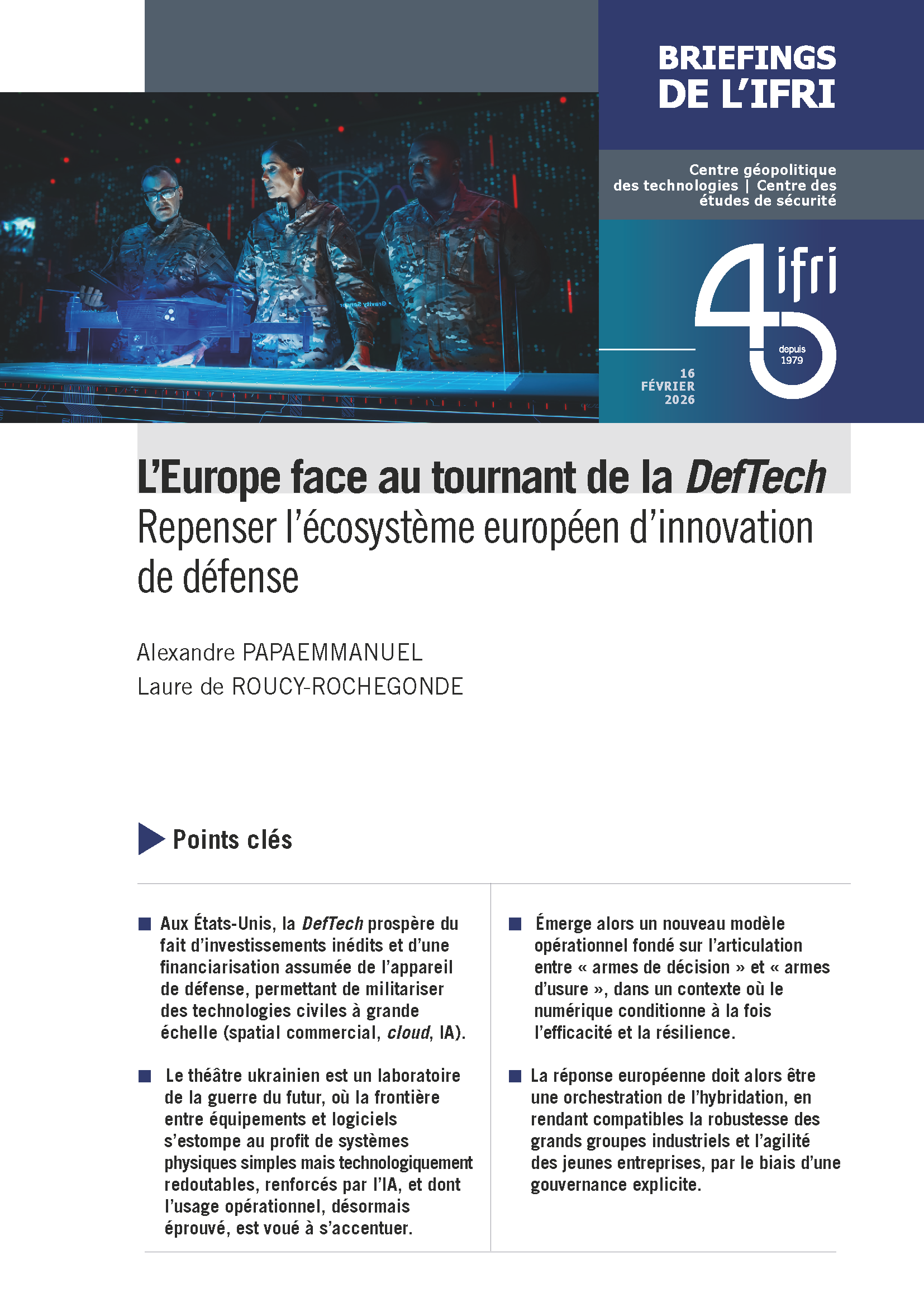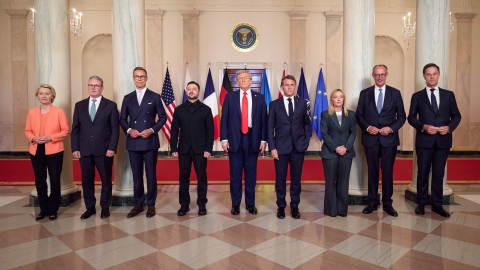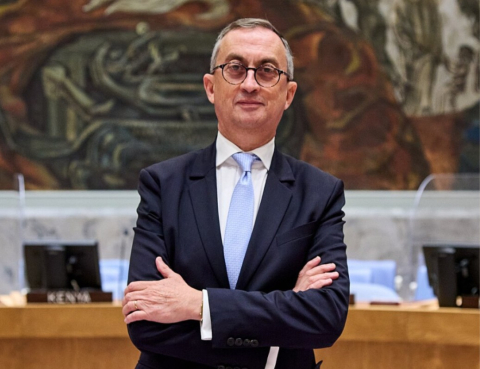Electricity Supply in the Baltic Region after the Phasing out of Ignalina NPP

Informations pratiques
Thématiques et régions
Centres et programmes liés
Ceci est un événement réservé.
En savoir plus sur nos programmes de soutienDans le cadre de l'Ifri Energy Breakfast Roundtable, un séminaire avec Maksim Kozlov, Head of Baltic NPP Project, Interrao UES, Wladyslaw Mielczarski, European Coordinator for the Northern European Power Link, Professor in Power Engineering, Technical University of Lodz, Poland, Zygimantas Vaiciunas, Head of Strategic Planning Division, Ministry for Energy of the Republic of Lithuania, Monica Eordoghne Zsigri, Policy Coodinator, Energy Policy & Security Supply, DG Tren, European Commission.
The last working reactor of the Ignalina power plant, which had two 1 500 MW reactors of the Chernobyl RBMK type, will be closed down by the end of 2009, in compliance with the EU accession treaty of Lithuania. The Baltic States, Belarus, the Kaliningrad territory and also Russia have been supplied with electricity from Ignalina ever since 1984. Ignalina hence was at the centre of the regions's electricity supply.
One should note in this context that the EU member states Lithuania, Latvia and Estonia have never been electrically synchronized with the Western UCTE or the Scandinavian Nordel - they still remain in the Eastern electricity system IPS/UPS.
What are the supply scenarios after the phasing out ? Two projects are the most prominent in today's debate : a new reactor in the Russian Kaliningrad enclave, and a new reactor in Visaginas, next to Ignalina, built by Lithuania, Latvia, Estonia and Poland. Both of them want to dominate the regional electricity market after the closure of Ignalina, but the Russian project also focusses on the Western market, via for example a DC link from Russia to Germany through the Baltic Sea.
Moreover, Poland plans to build nuclear reactors on its own.
This Ifri Energy Breakfast gathers experts on the issue and will identify the most likely options as well as their impact on regional geopolitics and energy supply.
Replay
Sujets liés
Autres événements
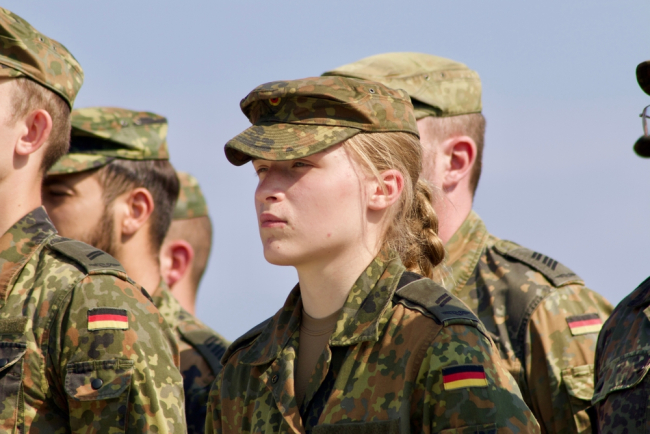
Quelle politique de défense en Allemagne ?
Face à la guerre en Ukraine et à l’instabilité géopolitique en Europe dans un cadre transatlantique perturbé, l’Allemagne a amorcé un tournant majeur dans sa politique de défense, avec une hausse significative des dépenses militaires, la modernisation de la Bundeswehr et le débat sur un éventuel retour du service militaire obligatoire.
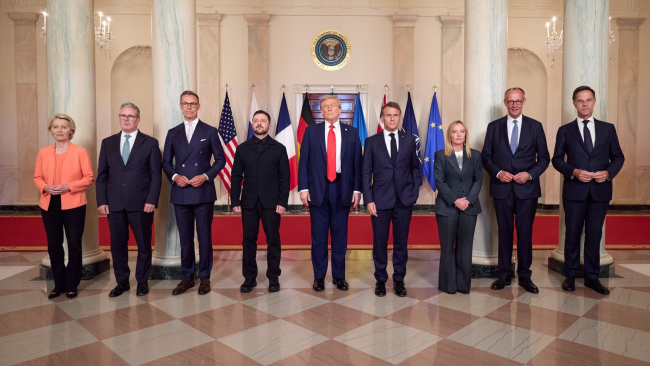
Quatre ans de guerre en Ukraine : verra-t-on la fin du conflit en 2026 ?
Un déjeuner débat autour de Tatiana Kastouéva-Jean, Directrice du Centre Russie/NEI, et Élie Tenenbaum, directeur du

Quel partenariat technologique avec l’Inde ?
Le 16ème Sommet UE-Inde, qui s’est tenu le 27 janvier à New Delhi en présence des dirigeants européens António Costa, Ursula von der Leyen, et du Premier ministre Narendra Modi, marque un tournant dans le renforcement des liens entre l'Union européenne et l'Inde. Parallèlement, les visites bilatérales se multiplient, à l’image de celle du Président français qui s’est rendu en Inde mi-février pour participer au Sommet sur l’Intelligence Artificielle.



